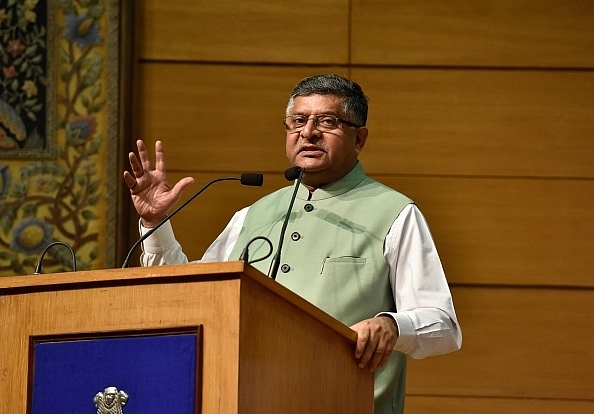
Representative Judiciary: SC/ST Quota Must In All-India Judicial Services, Says Law Minister Ravi Shankar Prasad
Union Law Minister Ravi Shankar Prasad has indicated the likelihood of SC/ST reservations along the lines of the UPSC’s civil services exam being incorporated into a future All-India judicial services exam in order to make the judiciary more representative, reports The Indian Express.
The demand for a pan-India examination to select members of the judiciary has gathered steam in recent years. Although no concrete measures have been taken in that direction, Prasad stressed on the need for such an examination to have a representative character.
"The judicial services examination, if conducted by the Union Public Service Commission, can be on the lines of the intake for the civil services where there is reservation for SCs and STs. Those selected can be allotted states to serve in and reservation will create opportunities for well-trained judicial officers from deprived sections who will, over time, rise to higher positions,” Prasad remarked.
Although, the minister did not remark on the probability of OBC reservation in the proposed exam, such a quota is likely if the same break up of vacancies as the UPSC civil services exam is followed.
Prasad explained the urgent need for such a national level intake of judicial officers, stating that it would encourage talented graduates from law schools to consider a judicial career. He reasoned that the move would lead to well-informed judicial officers being appointed at the at the Additional District Judge (ADJ) level.
The minister’s comments come in the background of the centre’s push towards a memorandum of procedure (MoP) for screening judges to constitutional courts. The higher judiciary has shown stiff resistance to the move as it would dilute the power of the judiciary’s independent collegium.